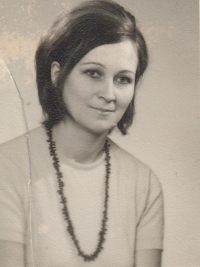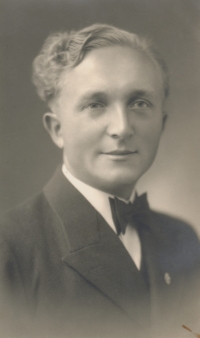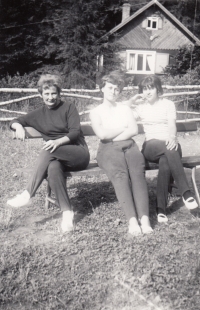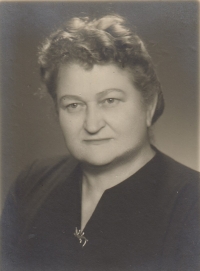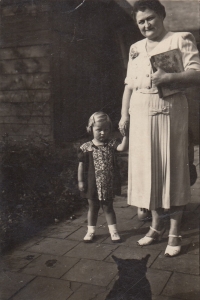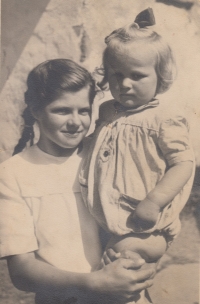After they arrested my mother, I was left alone for several days. I was two years old
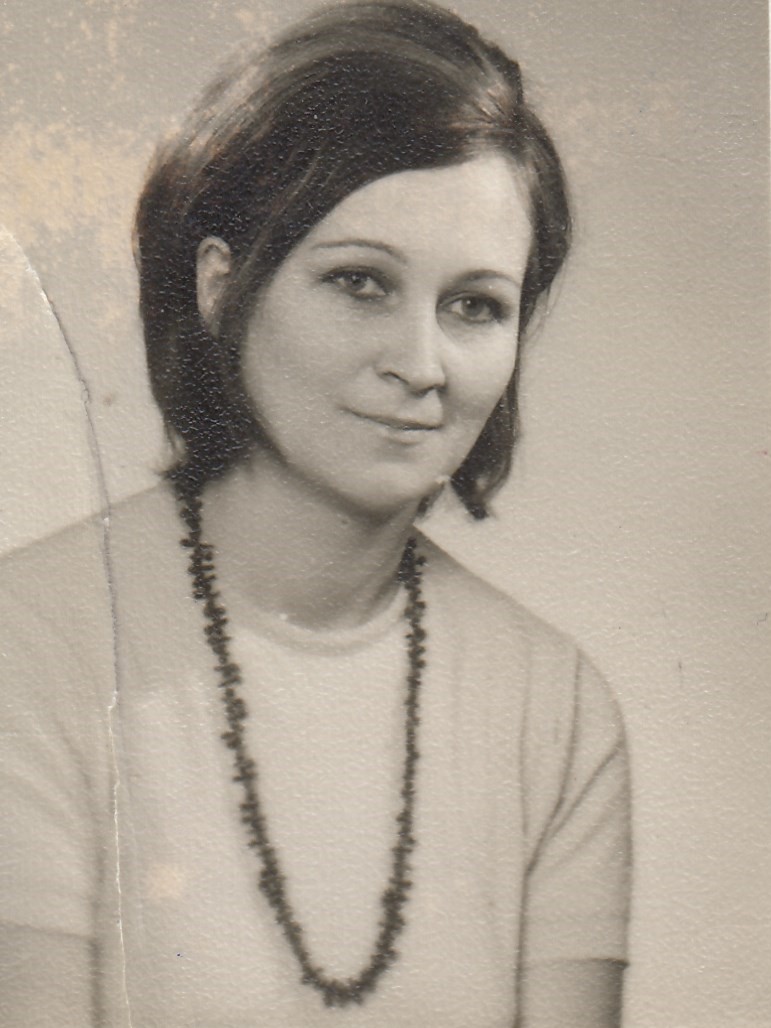
Stáhnout obrázek
Dagmar Stachová, née Ježková, was born on March 31st 1947 in Nový Hrozenkov in Vsetín Region. After 1949, her parents, Milada and Jaroslav Ježovi, had been supporting Jaromír Vrba, one of the leaders of the anti-Communist resistance group Světlana, as he went into hiding after he was injured in a shootout with Bohumil Hýl, a policeman. After Vrba had been apprehended by the police, Dagmar´s mother Milada had also been arrested in a gamekeeper´s lodge in which the family had been living. They left Dagmar by herself as a two-year-old child. After several days, a family friend found the hungry, crying baby by chance. After that, Jaroslav Jež had been hiding in the mountains for two years. In the end, he was arrested, as was his wife, and they were both sentenced to sixteen years in prison. Dagmar was raised by her grandparents in Ostrava. As a child, she was interrogated by Secret Police men, who wanted to know what her grandparents were talking about at home. There were constant house searches taking place in their household. State Security persecuted her her whole life. After their parents were released from prison, she had never been able to establish a viable relationship with them. The family broke up, as her grandmother was blaming her son-in-law, Jaroslav Jež, whom she saw as the cause of the whole tragedy. However, Dagmar considers her father a hero, being convinced that his involvement in the anti-Communist resistance was the right thing to do. In 1969, she had received a suspended sentence for the distribution of leaflets condemning the Soviet occupation. After the November revolution in 1989, she joined Civic Democratic Party (ODS) and had been involved in local politics. She was expelled from the party as she didn‘t embrace its candidate after she learned that he had been a Communist party member.
